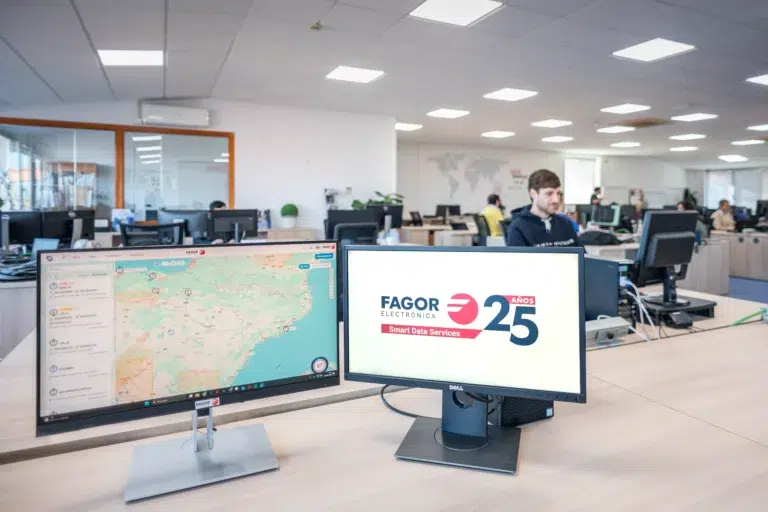Sustainability is no longer just a marketing label; it has quickly become one of the main objectives for authorities. The EU, for example, it already has detailed plans for sectors such as transport, in order to transform it into an increasingly environmentally sustainable activity.
Transport companies are facing one of the greatest challenges: efficient and sustainable fleet management is essential. Sustainable fleet management must cover such aspects as controlling the fuel consumption of the fleet and of each vehicle that makes it up; control and reduction of CO2 emissions or control over the driving style.
All of this must start with planning; creating a sustainability plan is essential for the whole organization to be aware of the importance of sustainable fleet management. Especially for some professionals directly involved in it, such as drivers, to use sustainable practices in their driving, such as moderating speed, controlling braking and sharp turns, or controlling engine idling time.
Once the plan is determined, it is necessary to control it´s compliance, that is why we need a sustainable fleet manager, to be able not only to evaluate the fulfilment of the plan, but also to locate the points of bad practice that may be occurring.
Another important point, that a sustainable fleet manager can offer, is the monitoring of the emissions generated by the vehicles, which we can consider as a good start to control the priorities that we must address regarding the fleet. With the data, we will be able to study the emissions vehicle by vehicle, and if the driver is driving efficiently, we will be faced with a vehicle in which we have to review or even consider renewing it for one that may be less polluting and more sustainable.
And finally, the sustainable fleet manager, in addition to the outlined aspects such as controlling fuel consumption and therefore reducing emissions, improving the planning of the vehicles, controlling the driving style of the drivers, achieving efficient driving and therefore a more sustainable fleet. All that allows to create a “library” of knowledge that can be applied to each of the services that the clients may require in the future, for being sure that the service is carried out in a sustainable way.



